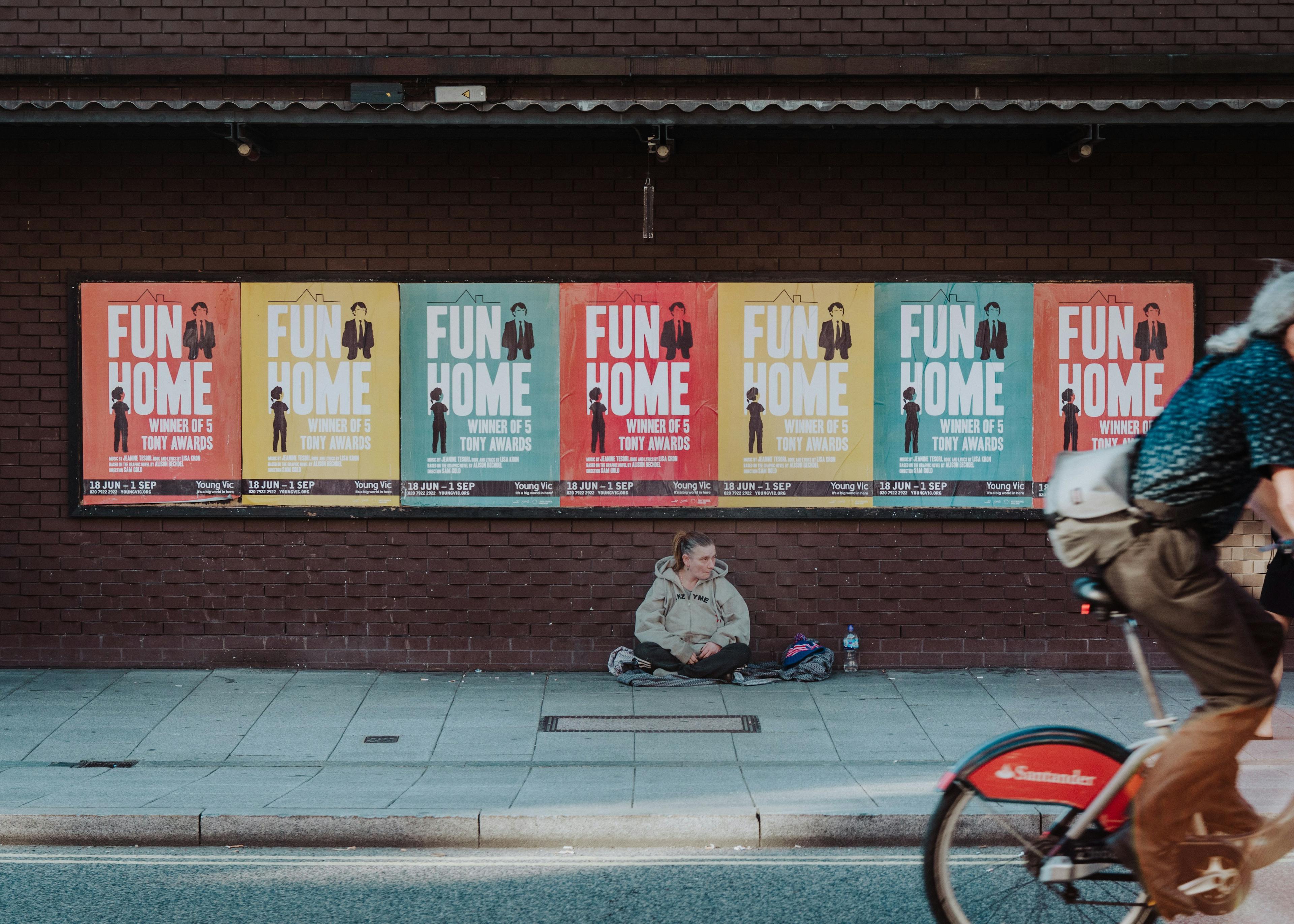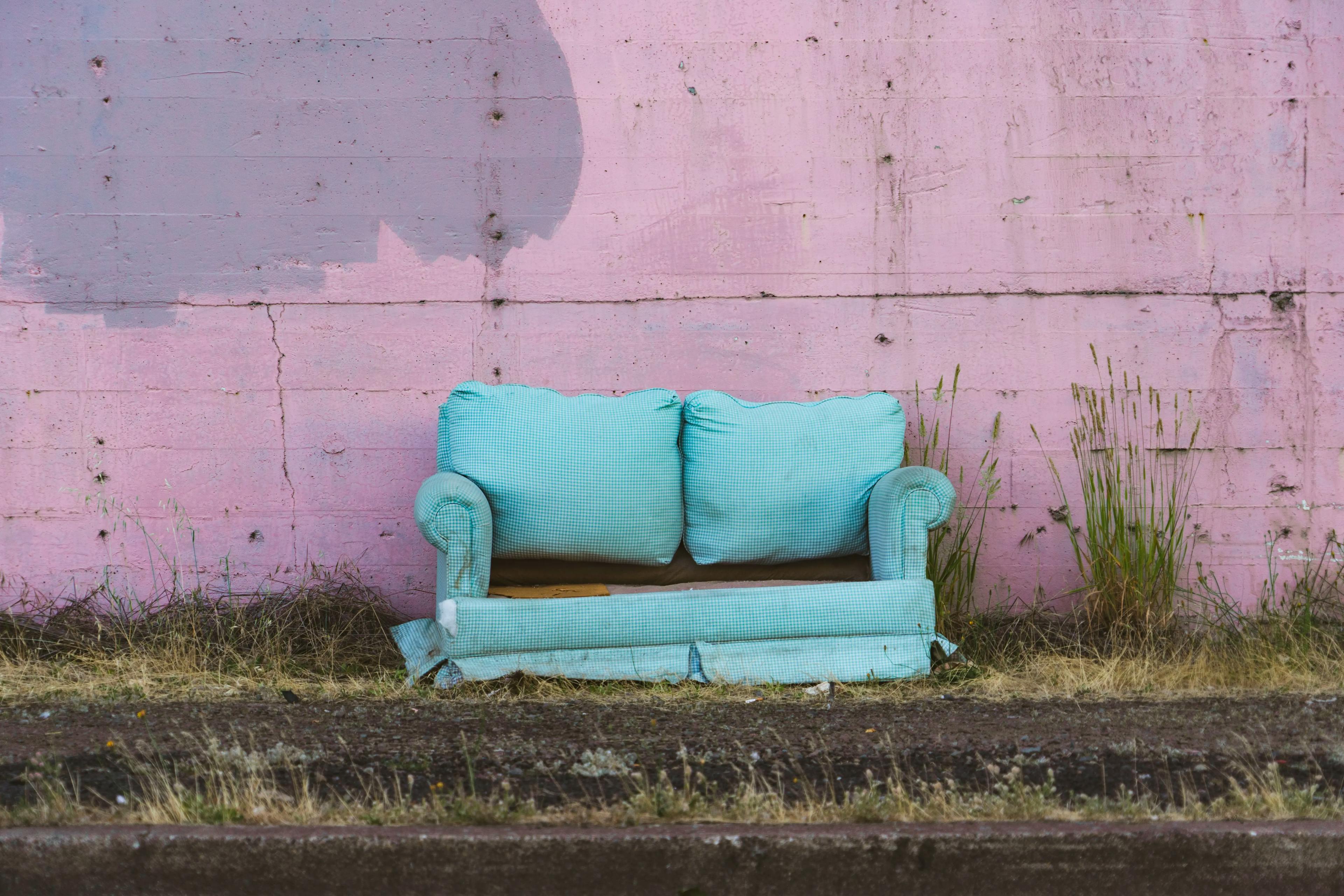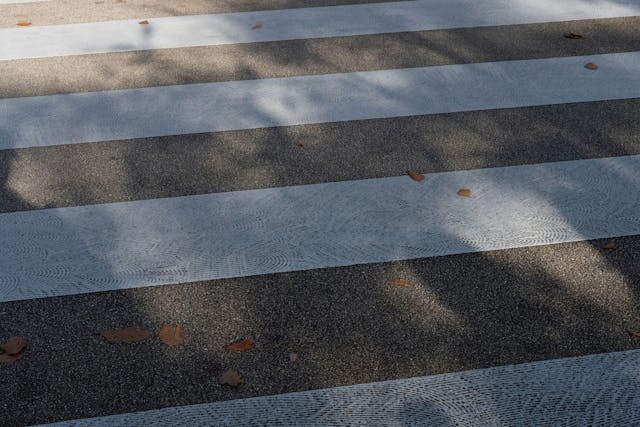«Nobody needs to sleep outside»: a new ban on begging in Luxembourg City

Begging is a controversial issue that raises ethical, legal, and social questions. In many countries, including Luxembourg, begging is (at least was) not illegal, but it is subject to certain regulations, such as not blocking pedestrians, not using minors or animals, and not harassing or intimidating people. But these regulations are difficult to enforce, especially in cases of organized begging controlled by traffickers, who take advantage of vulnerable people for profit.
Band-Aid or First Step
Today Luxembourg City announced a ban on begging in the Ville-Haute and Gare neighborhoods. The ban forbids individuals from asking for money but allows them to sit on the ground. Local officials have emphasized that the ban targets organized begging and aim to fight against human trafficking. However, the ban has received criticism from various sources already, even before it was signed.
The municipal executive of the city has acknowledged that a general ban would also impact individuals who are not part of organized networks. Mayor Lydie Polfer and First Alderman Serge Wilmes have pointed out that there are "other services" available that help people in need.
However, critics of the ban argue that these services are often insufficient. The new law unfairly targets the most vulnerable people in society and does not address the root causes of begging, such as poverty, mental illness, and substance abuse. Many individuals who are homeless or beggars still do not have access to adequate shelter or employment. This way the ban only serves to criminalize poverty and marginalize individuals who are already struggling.
But, despite the criticisms, the municipal executive of Luxembourg City has defended the ban, stating that they are expanding their offer for people in need and that "nobody needs to sleep outside". The government acknowledges that the issue of poverty and homelessness is complex, but they believe that the ban is a necessary first step in addressing it.
Fine Without an Address
The reasons why people beg are complex and varied. Some people are homeless, unemployed, or disabled and have no other means of survival. Others are migrants or refugees who face discrimination, poverty, and insecurity in their home countries or host countries. Others may be addicted to drugs or alcohol, have mental health problems, or be victims of domestic violence.

Regardless of the reasons, begging is often associated with poverty, marginalization, and social exclusion, and requires a comprehensive and compassionate response from the authorities and society. Instead of criminalizing or stigmatizing beggars, it is essential to address the root causes of poverty and inequality and provide adequate social protection, education, health care, and job opportunities.
While banning begging may seem like a quick fix, it is not a sustainable solution unless it is accompanied by social policies that address poverty, inequality, and exclusion. Moreover, any measure that restricts fundamental rights, such as the freedom of expression and movement, should be subject to careful scrutiny and evaluation, to ensure that it respects human dignity and promotes social justice.





